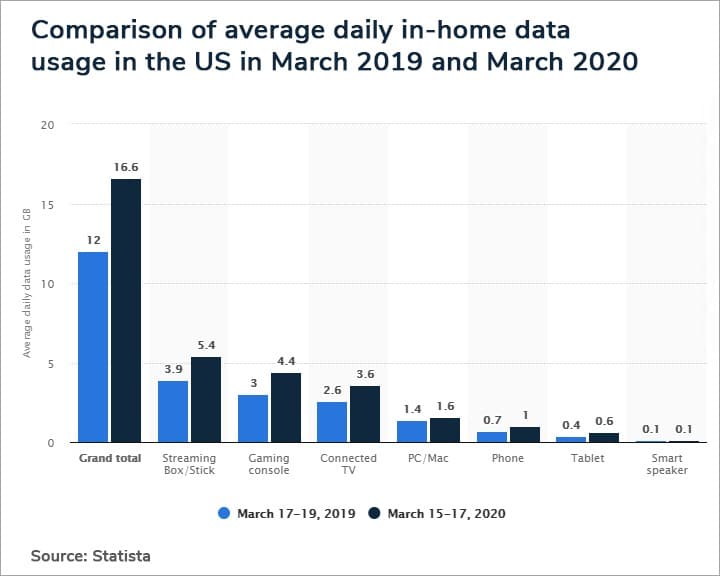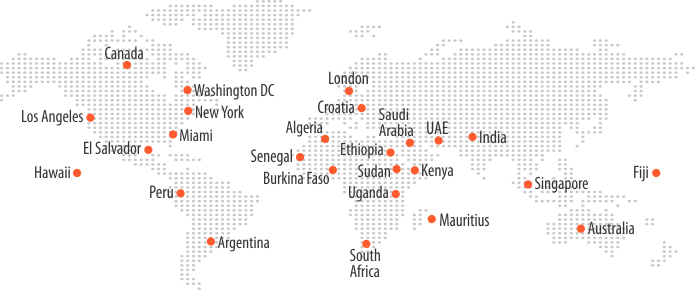Battling Telecom Frauds during COVID-19

Telecom services are vital in the current scenario to keep people connected from their homes. Those working or studying from home during this pandemic have heavily relied on telecom companies to deliver uninterrupted services. The telecom sector effectively rose to the challenge to tackle the surge in service demand and ensure data connectivity to their customers at all times. It has helped in maintaining business continuity for countless organizations around the world in the face of ongoing adversity. Besides working and attending online classes, consumers turned to the internet and OTT media services to keep themselves entertained during state-mandated lockdowns or voluntary isolations. The increased usage of the internet led to a rise in the demand for high-speed connectivity, which was successfully fulfilled by telecom operators.
With a major part of the global workforce turning to home networks and cloud-based services to get their work done, fraudsters have been looking for opportunities to launch cyberattacks on the vulnerable. During the COVID-induced lockdowns and isolations, the incidences of common telecom frauds like Robocalls, Vishing, PBX fraud, and SMS scams shot up significantly. Fraudsters have largely shifted their focus to COVID-themed attacks, says GSMA. Alternatively, there are some scams that fraudsters were unable to carry out due to the various social distancing and isolation rules laid down by governments around the world. These mainly include Roaming Fraud, SIM swap, Subscription fraud, and Handset Subsidy fraud.
Let’s take a look at some of the top frauds that are affecting consumers as well as the telecom industry during COVID-19:
- SMS Scams
SMS Phishing or Smishing campaigns have been a popular way of luring people into opening fraudulent websites or extracting bank details through COVID-themed messages and fake information.
- Voice Phishing
Voice Phishing or Vishing involves fake phone calls made by fraudsters impersonating government officials, doctors, or hospital representatives asking unsuspecting consumers to pay for fake charities or hospital bills.
- Robocalls
Targeting the weaknesses of people in the current scenarios, robocalls are being made to people with fake offers for protective kits, work opportunities, loans, etc. These calls increased significantly during the lockdowns to take undue advantage of the situation.
- PBX Fraud
PBX Fraud that involves hacking of a PBX system or phone equipment with the intent to make unauthorized calls, is observed to have increased during the ongoing pandemic mainly due to remote working.
- Arbitrage
Levels of arbitrage increased mainly owing to changes in tariffs and data allowances by mobile network operators.
- IRSF
International Revenue Share Fraud (IRSF) continues to be a problem for telecom operators during the pandemic, mainly because of the lack of physical presence at company locations.
Best Practices to Mitigate Fraud
Telecom companies can deal with the COVID-specific frauds by following certain practices, which include the following:
- Opt for a Fraud Management System
Fraud Management solutions can cut down the risks of some of the most rampant telecom frauds. The best option is to use a comprehensive solution that can detect as well as mitigate frauds as well as prevent revenue leakages
- Fortifying Security Protocols
Telecom companies should boost their security protocols of remote working arrangements and test them at regular intervals to eliminate all possibilities of fraud. They should also keep an eye out for cyber vulnerabilities and nip them in the bud.
- Create Awareness
Programs aimed at creating awareness about fraudulent activities and schemes rampant during the pandemic can be launched by telecom operators for their subscribers. Such programs can help subscribers avoid unwanted calls or SMS.
- Keep a Track of Fraud Patterns
Telecom companies should keep a track of emerging fraud patterns or techniques being used by fraudsters to attack the vulnerable during this pandemic. Staying abreast about potential attacks and patterns can help telcos be prepared to combat these frauds when the time comes.
Read Also
- Overhauling Telecom Industry Amidst COVID-1
- Work From Home: A New Mantra For Companies To Combat Coronavirus
- Top 5 VoIP Trends To Watch Out For Post COVID-19
Going forward, managing and preventing telecom fraud should be the top priority for telecom service providers as they continue to operate remotely. It is advisable to invest in an advanced Fraud Management System, preferably incorporating Artificial Intelligence, Machine Learning, and Business Intelligence to derive actionable insights for successfully mitigating fraud in the future. These are also adept in predicting fraudulent behaviors, thus keeping the system ready to detect anomalies as soon as they occur. The preparedness of telecom service providers and the usage of advanced telecom solutions like fraud management systems can help deter fraudsters from taking advantage of unsuspecting subscribers during these uncertain times.






